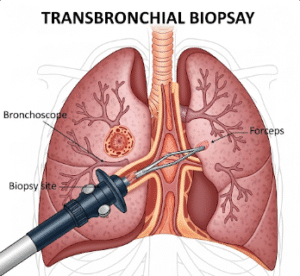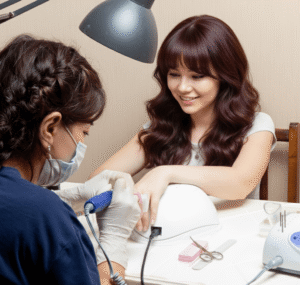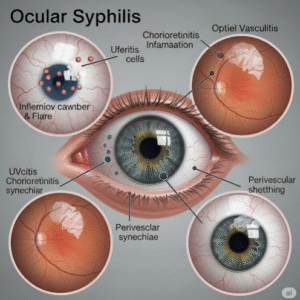Overview
Generalized Anxiety Disorder (GAD) is a mental health condition characterized by persistent, excessive, and uncontrollable worry about various aspects of daily life. This condition can significantly impact work, relationships, and overall quality of life. South Korea offers advanced psychiatric care, counseling, and therapy options for effective management of GAD.
What is Generalized Anxiety Disorder?
GAD is a chronic mental health disorder in which individuals experience excessive anxiety and worry that is difficult to control. Unlike occasional stress or worry, the anxiety in GAD is pervasive and often occurs without a specific trigger.
Symptoms
Common symptoms of GAD include:
- Persistent worry about everyday matters
- Restlessness or feeling “on edge”
- Fatigue or difficulty concentrating
- Irritability
- Muscle tension
- Sleep disturbances (difficulty falling or staying asleep)
- Gastrointestinal discomfort (e.g., nausea, diarrhea)
Causes
The exact cause of GAD is unknown, but several factors may contribute:
- Genetics and family history of anxiety disorders
- Imbalances in brain neurotransmitters (serotonin, norepinephrine)
- Personality traits such as high neuroticism or sensitivity to stress
- Chronic stress or exposure to traumatic events
Risk Factors
- Family history of anxiety or other mental health disorders
- Chronic medical conditions (e.g., heart disease, diabetes)
- Substance use or withdrawal
- Prolonged stress at work, school, or home
- Female gender (higher prevalence compared to males)
Complications
- Impaired daily functioning and work performance
- Social isolation and relationship difficulties
- Increased risk of depression or other anxiety disorders
- Sleep disorders and fatigue
- Substance abuse as a coping mechanism
Prevention
While GAD cannot always be prevented, risk can be reduced by:
- Practicing stress management techniques (meditation, mindfulness)
- Regular physical activity and balanced diet
- Avoiding excessive caffeine and alcohol
- Seeking early professional support when anxiety begins to interfere with daily life
- Developing strong social support networks
Treatment Options in Korea
South Korea provides comprehensive mental health care for GAD through medications, therapy, and support services:
- Medications
- Selective Serotonin Reuptake Inhibitors (SSRIs): First-line treatment for reducing anxiety
- Serotonin-Norepinephrine Reuptake Inhibitors (SNRIs): Alternative for patients not responding to SSRIs
- Benzodiazepines: Short-term use for acute anxiety episodes
- Buspirone: Non-benzodiazepine option for long-term management
- Psychotherapy
- Cognitive Behavioral Therapy (CBT): Helps patients identify and change negative thought patterns
- Mindfulness-based therapy: Reduces stress and enhances emotional regulation
- Group therapy: Offers peer support and shared coping strategies
- Lifestyle and Supportive Care
- Stress management, yoga, and relaxation exercises
- Regular exercise to reduce anxiety symptoms
- Sleep hygiene and balanced nutrition
- Specialized Mental Health Clinics
- Major hospitals like Severance Hospital, Samsung Medical Center, and Asan Medical Center provide multidisciplinary care
- Access to psychiatrists, psychologists, and counseling specialists
- Digital & Telehealth Support
- Online counseling and mental health apps for monitoring anxiety and providing therapy remotely
- Community support programs for ongoing management













